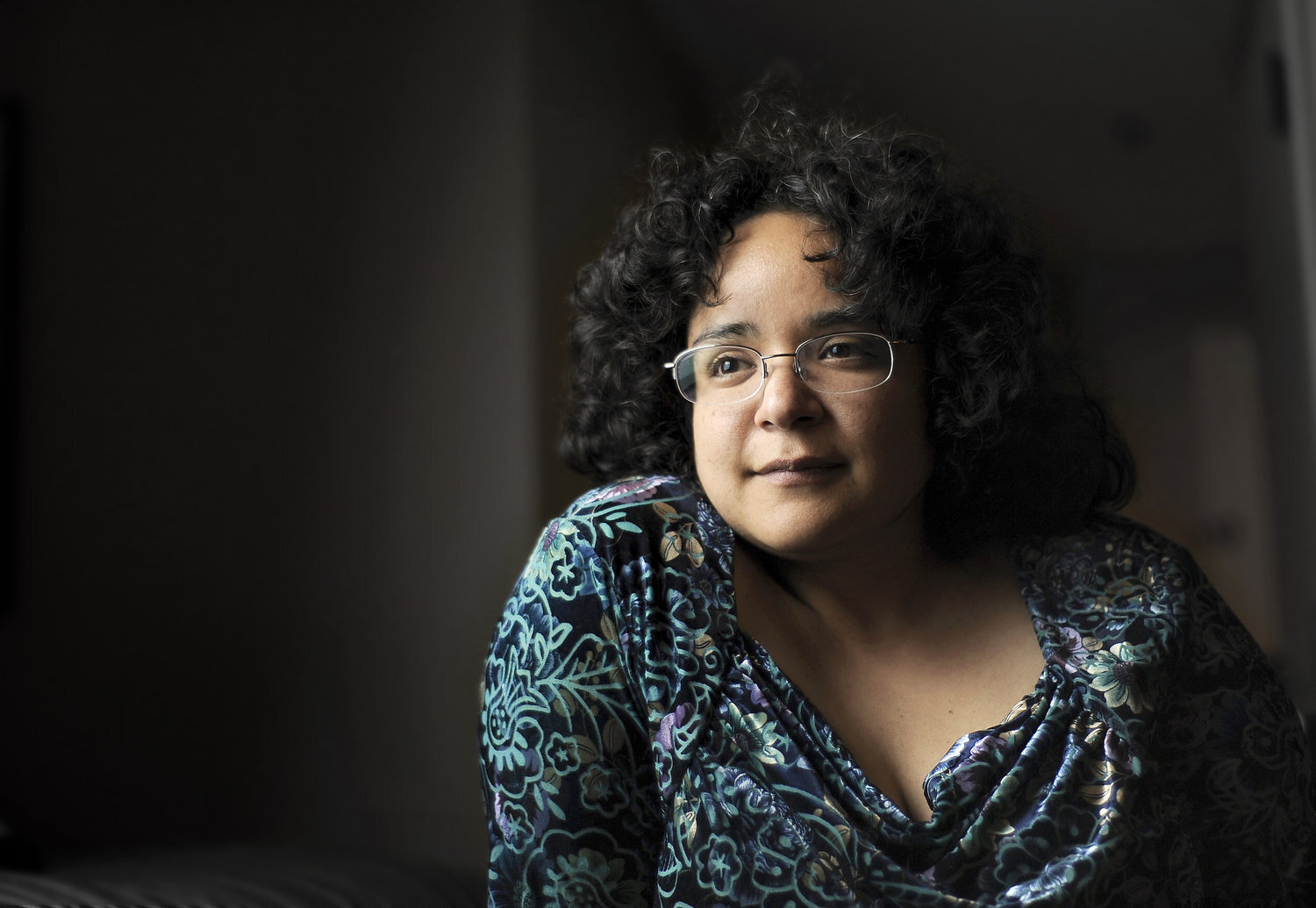Wrong. I would love to be that.
Dear Composing Earthers,
Since our last meeting, I’ve been compiling a list of questions that I’ve received over these past 18 months in various interviews, panels, etc., since I began publicly communicating my environmental alarm in earnest, not just casually. I’ll share two such questions I’ve received, one that comes up a lot, innocently, and one that has come up just once, hostile:
Innocent: “What projects do you have coming up?”: I love this one. It’s a customary way for interviews to end, and without being explicitly asked about the crisis, I have an opening to talk about my concerns. “Well, my husband and I are deep in fire preparation mode. I just spent two symphony commissions on a fire-resistant stucco exterior for the home, water tanks, etc, etc.” or “I have to confess that for all of my work studying my mom’s culture, what really consumes me is the climate crisis and the perils it poses. How will music connect communities fractured by environmental collapse… etc, etc.”
And the hostile: “What if you’re wrong?” This was asked when I did a virtual zoom panel about “composing in the anthropocene” for a group in Europe not too long ago. We had a few hundred people in the webinar audience, and I was rather unclear about what I was supposed to address. A scientist spoke before me, impressive but unsettling, with a presentation about people becoming cyborgs after a violent era of survival of the fitness weeding out climate deniers as well as believers. I was rather taken aback by how impersonal and fantastical, both, that presenter’s talk was, and felt like a fish out of water.
Nevertheless, I spoke about my own feelings and experiences, the actions I was taking with my platform, such as it is, and how much I was learning from peers similarly concerned, including you all. It was horribly early for me, around 6am PT at this point to accommodate the time zones, but I gave it my best. And when I got this question, which was posed to me and not to the scientist before me (??), precluded by what can only be called a cynical exposition on music as a prestige object, for a brief moment, I did hesitate.
Then this, from the transcript, my answer:
“Listen. If I’m wrong, and that’s a big if, I’ll shout it from the rooftops, and post all over Facebook. I’ll get on the radio and take out a billboard. I’ll happily confess that fires, floods, derecho winds, bee die-offs, diminishing crops and heat waves are at best a figment of our imagination and at worst, boringly normal. I’ll call up journalists who have profiled me to recant, newspapers across the US, filled with relief that my family and I are not in danger after all. Scholars later will describe this phase in my compositional output as my “Era of Great Disillusion” or “Wow, Was She Wrong.” But until I’m proven wrong, wrong to believe in the science and the evidence of my eyes, wrong to celebrate my neighbors coming together for our mutual survival, this is what I’ve got, all I’ve got. I believe in the science, and I believe in the music. In the process, I have finally fallen in love hard, with Mother Earth, appreciating what I have now that I’m in danger of losing so much. Wrong. I would love to be that.”
And so it goes. Sometimes in panic, comes a moment. I delivered the above with a smile and a laugh, although it reads strong in the transcript.
Until next time,
Your Gabriela
Gabriela Lena Frank is the director of the Gabriela Lena Frank Creative Academy of Music. Included in the Washington Post's list of the 35 most significant women composers in history (August, 2017), Gabriela was born in Berkeley, California. Winner of a Latin Grammy, she has composed for leading orchestras and worked with luminaries like cellist Yo Yo Ma, soprano Dawn Upshaw, the King’s Singers, and the Kronos Quartet. She also is a passionate believer in service, and has brought her love of music into hospitals, schools, and prisons. Learn more on Gabriela's bio page.
